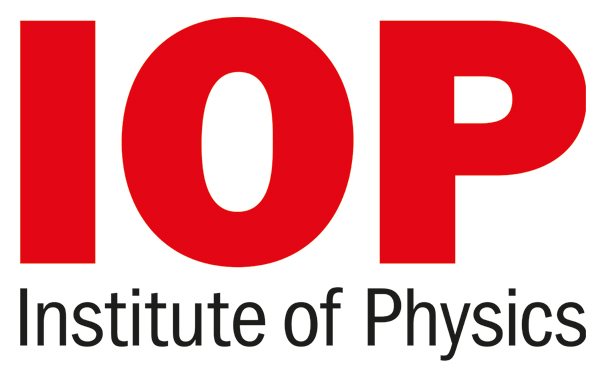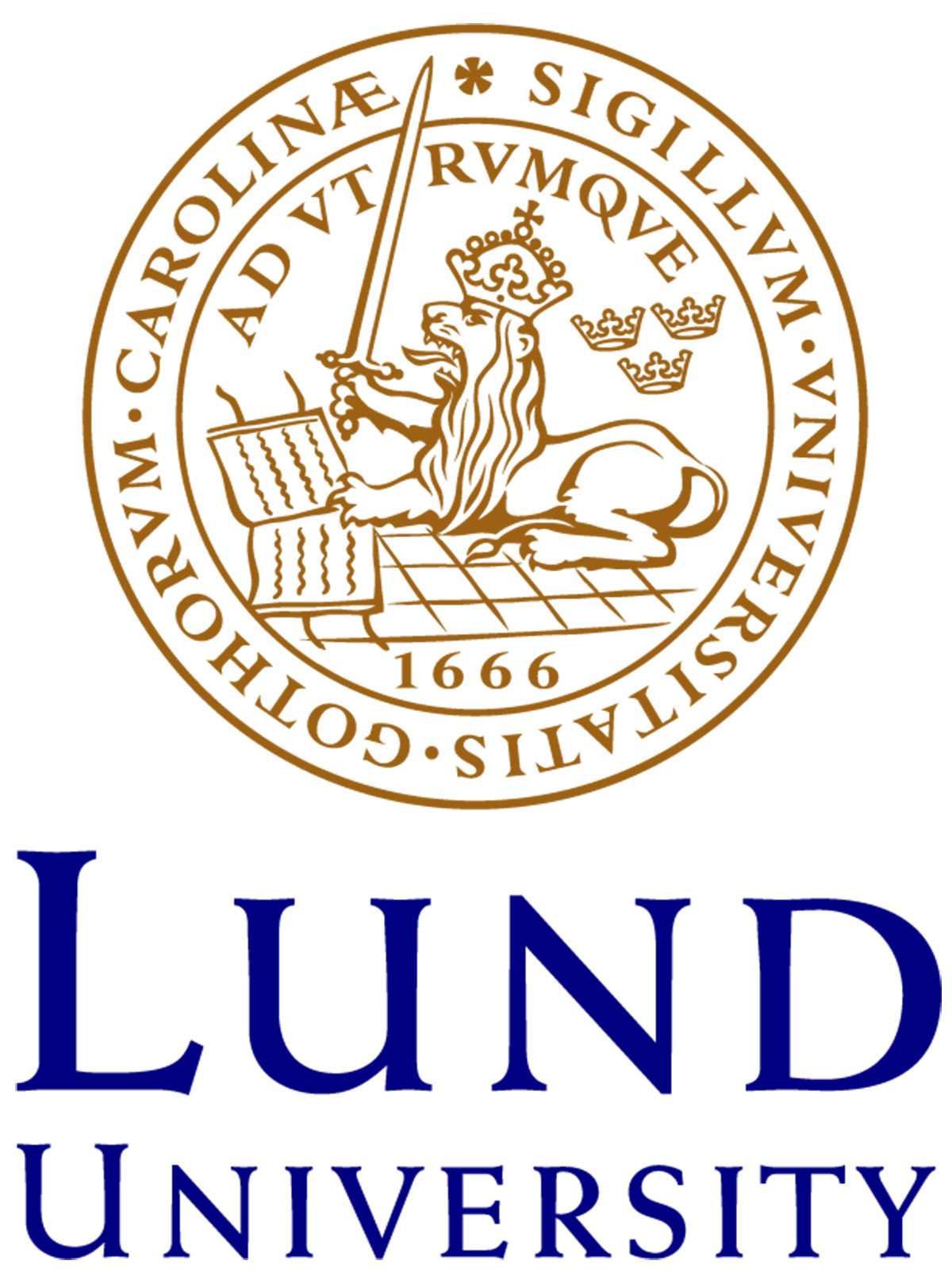The Division of Synchrotron Radiation Physics (www.sljus.lu.se) is a part of the Department of Physics and has more than 50 employees. The focus of the research is experimental studies of electronic, structural and chemical properties of materials, accelerators for synchrotron radiation and instruments and methods for synchrotron radiation. At the Division we use and develop a wide range of synchrotron- and lab-based techniques, such as X-ray photoelectron spectroscopy/imaging and X-ray diffraction/imaging. We also host one of Sweden’s largest facilities for scanning probe microscopy. We are additionally engaged in the development of the MAX IV Laboratory in the fields of beamlines, experimental stations, techniques for synchrotron radiation and the accelerator systems.
NanoLund (http://www.nano.lu.se), formerly known as the Nanometer Structure Consortium, founded in 1988, supports and co-ordinates activities within nanoscience and nanotechnology at Lund University. NanoLund is today Sweden’s largest research environment for nanoscience, engaging approximately 250 PhD students and scientists in the faculties of engineering, the natural sciences, and medicine at Lund University. Its vision is to bring together the most creative minds in a world-leading interdisciplinary research environment to help overcome society’s grand challenges by pushing the frontiers of nanoscience. NanoLund runs Lund Nano Lab (http://www.nano.lu.se/lundnanolab-2), a state-of-the-art facility for nanofabrication.
For more information about the main supervisor of the project, please see: https://www.nano.lu.se/pablo-villanueva-perez.
Work duties
X-rays have a unique ability to investigate samples in their natural state, such as cells, proteins in solution or electronic devices potentially at resolutions up to the atomic level. The advent of diffraction-limited storage rings (MAX IV) and X-ray free-electron lasers (European XFEL) has opened a whole new spectrum of applications due to their unprecedented brilliance. This project aims to develop a novel X-ray imaging method, christened X-ray multi-projection imaging, capable of filming processes in 3D, with temporal resolution several orders of magnitude faster than up-to-date 3D X-ray imaging techniques. In particular, the candidate will work on the development of such technique and its application to the study of cellulose fibres, a renewable biomaterial, which can replace fossil-based materials.
The project is experimental with a computational component. The successful candidate will have the opportunity to:
- Participate in developing a novel X-ray imaging technique that exploits the unique capabilities of MAX IV and the European XFEL.
- Perform experiments on novel biomaterials (cellulose fibres) and address fundamental questions to replace plastics.
- Develop novel algorithms to process and analyse the data collected with XMPI.
The main duties of doctoral students are to devote themselves to their research studies which includes participating in research projects and third cycle courses. The work duties can also include teaching and other departmental duties (no more than 20%).
Admission requirements
A person meets the general admission requirements for third-cycle courses and study programmes if he or she:
- Has been awarded a second-cycle qualification.
- Has satisfied the requirements for courses comprising at least 240 credits of which at least 60 credits were awarded in the second cycle.
- Has acquired substantially equivalent knowledge in some other way in Sweden or abroad.
A person meets the specific admission requirements for third-cycle studies in Physics if he or she has:
- Passed an independent project (e.g.degree project) of at least 30 credits in a relevant subject.
Equivalent knowledge acquired through corresponding programmes will be assessed individually. In order to enable interdisciplinary initiatives and important specialisations in certain areas, students with qualifications in subjects other than physics may be considered for admission.
Finally, the student must be judged to have the potential to complete the programme.
Additional requirements:
- Very good oral and written proficiency in English.
For the present position, additional assessment criteria that are appreciated are:
- Experience in programming: Python, MATLAB, or C++.
- Experience in imaging techniques in any part of the electromagnetic spectrum.
- Experience in machine learning and big data.
- Experience in 3D imaging and 3D reconstructions is appreciated.
- Experience in instrumentation and controls.
- Experience in wave-propagation, simulation, and phase reconstruction is appreciated.
Basis of assessment
Selection to postgraduate studies is based on the expected ability to perform well in the studies. The evaluation of the ability to perform well is based primarily on the results of studies at the basic and advanced levels, in particular:
- Knowledge and skills relevant to the thesis project and the subject of the study.
- An assessment of ability to work independently and to formulate and tackle research problems.
- Written and oral communication skills
- Other experience relevant to postgraduate studies, such as professional experience.
Consideration will also be given to good collaborative skills, drive and independence, and how the applicant, through his or her experience and skills, is deemed to have the abilities necessary for successfully completing the third cycle programme.
Terms of employment
Only those admitted to third-cycle studies may be appointed to a doctoral studentship. Third cycle studies at LTH consist of full-time studies for four years. A doctoral studentship is a fixed-term employment of a maximum of five years (including 20% departmental duties). Doctoral studentships are regulated in the Higher Education Ordinance (1993:100), chapter 5, 1-7 §§.
Instructions on how to apply
Applications may be written in English or Swedish and include a cover letter stating the reasons why you are interested in the position and in what way the research project corresponds to your interests and educational background. The application must also contain a CV, degree certificate or equivalent, and other documents you wish to be considered (grade transcripts, contact information for your references, letters of recommendation, etc.).
Lund University welcomes applicants with diverse backgrounds and experiences. We regard gender equality and diversity as a strength and an asset. We kindly decline all sales and marketing contacts.
To apply, please click the button “Login and apply”.
Type of employment: temporary position longer than six months
First day of employment: as soon as possible
Salary: monthly salary
Number of positions: 1
Working hours: 100
City: Lund
County: Skåne län
Country: Sweden
Reference number: PA2020/3619
Contact: Pablo Villanueva Perez, +46 46 222 3813
Union representative: OFR/ST:Fackförbundet ST:s kansli, 046-222 93 62
SACO:Saco-s-rådet vid Lunds universitet, 046-222 93 64
Expired






